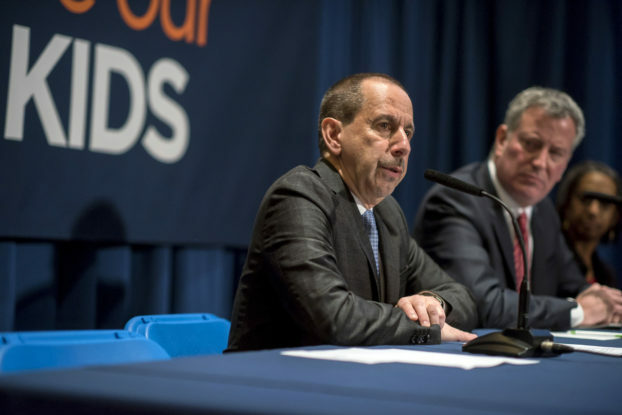The Challenge
Young people in foster care have often experienced years of neglect and abuse, exposure to a host of environmental stressors, the traumatic experience of entering foster care, and the continuing trauma of changing foster care placements. All of these factors and many more contribute to a higher rate of mental health diagnoses among youth in foster care than among those who are not in care.
In addition to and compounded by the trauma inherent in entering the foster care system, up to 49% of youth in foster care meet criteria for diagnosable mental health disorder. Left unaddressed, our clients’ mental health issues can result in their extended involvement in the foster system, unnecessary use of psychotropic drugs, and an increased chance of mental health challenges after leaving the system.
LFC’s Response
The goal of the Mental Health Advocacy Project, founded in 2007, is to ensure that our clients who have mental health challenges receive timely and comprehensive evaluations by trained professionals; high-quality, individualized services in the least restrictive placements possible; appropriate school-based services; and appropriately prescribed and monitored psychotropic medication when necessary. The project has also expanded to focus on children and young people with developmental disabilities who face challenges identifying appropriate placements and services. The project is directed by a Master’s-level social worker with expertise in mental health advocacy who works closely with LFC attorneys to ensure the best outcomes for every child and young adult we serve.


